Find Help
More Items From Ergsy search
-
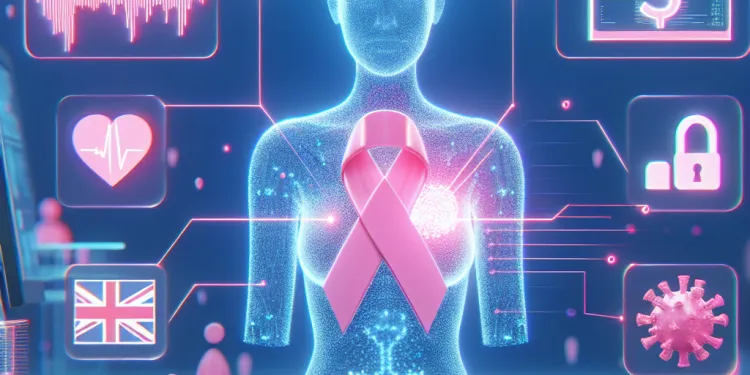
AI Breast Cancer Screening in the UK
Relevance: 100%
-

NHS breast cancer screening
Relevance: 98%
-

Tower Hamlets breast screening programme
Relevance: 93%
-

How often should I get screened for breast cancer?
Relevance: 87%
-

Other Things You Need to Know About Breast Screening
Relevance: 86%
-
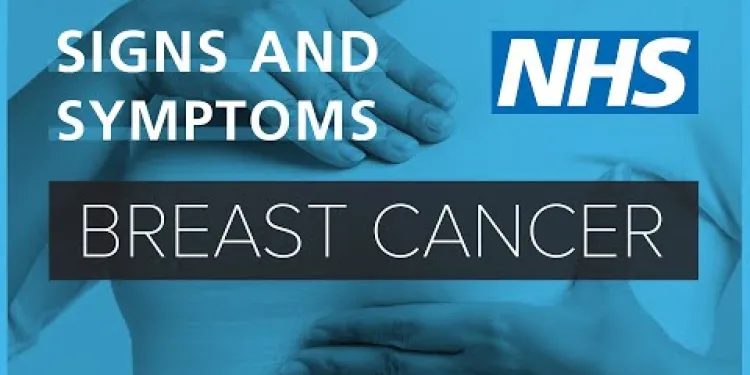
About Breast cancer - signs and symptoms | NHS
Relevance: 68%
-
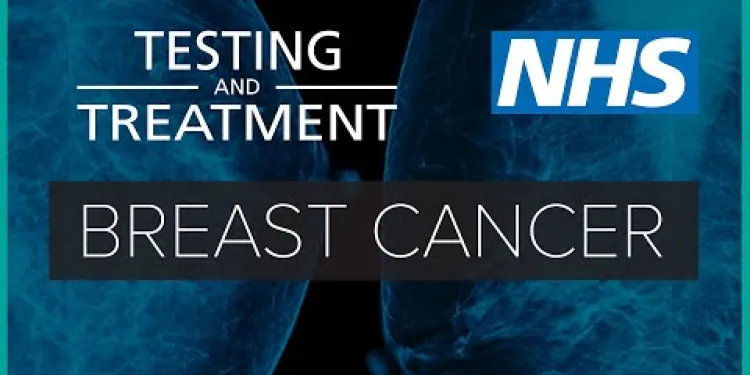
Breast cancer: testing and treatment | NHS
Relevance: 67%
-
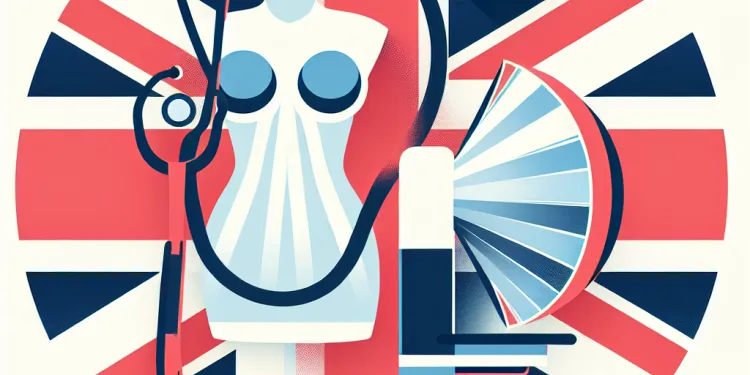
Can I have a mammogram if I have breast implants?
Relevance: 67%
-
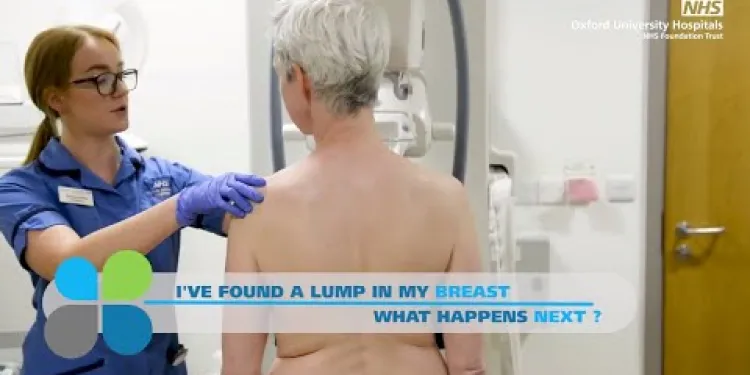
I've found a lump in my breast - What happens next? The breast diagnostic clinic
Relevance: 64%
-
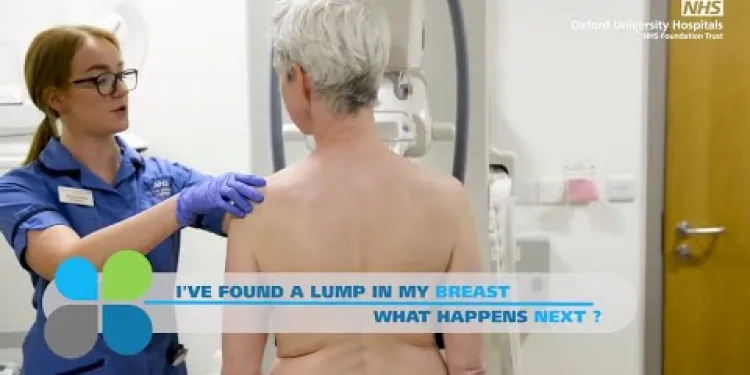
I've found a lump in my breast - What happens next? The breast diagnostic clinic
Relevance: 64%
-

What is Breast augmentation?
Relevance: 63%
-
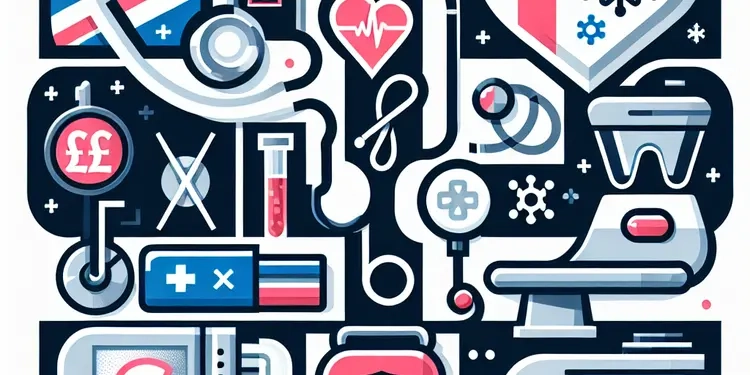
What kinds of cancer screening are available?
Relevance: 59%
-

Evidence-Based Interventions: breast reduction
Relevance: 59%
-

What is cancer screening?
Relevance: 56%
-
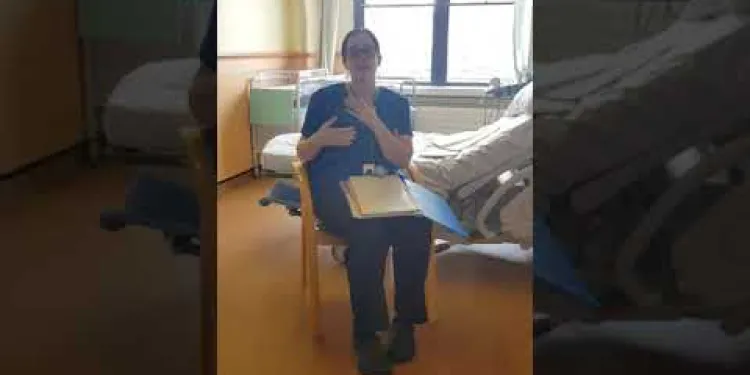
Breasts and Mastitis
Relevance: 56%
-
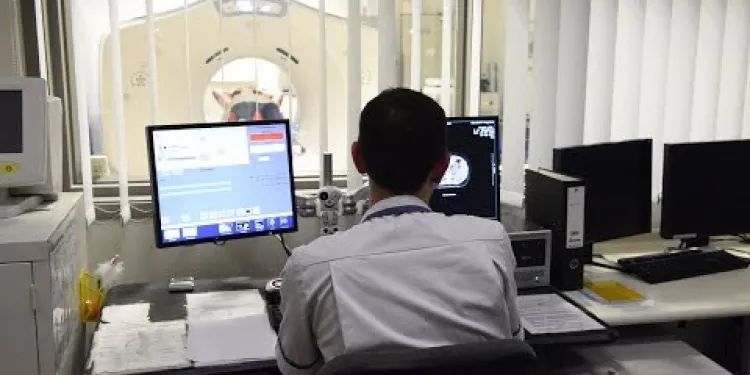
Having radiotherapy for breast cancer - 3 Videos
Relevance: 55%
-
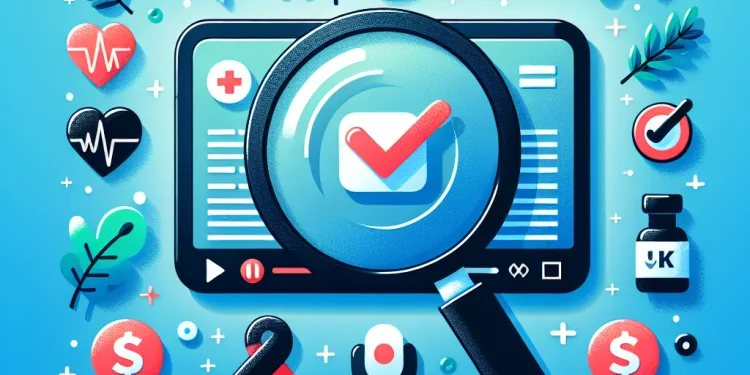
Health Screenings You Should Know About
Relevance: 54%
-
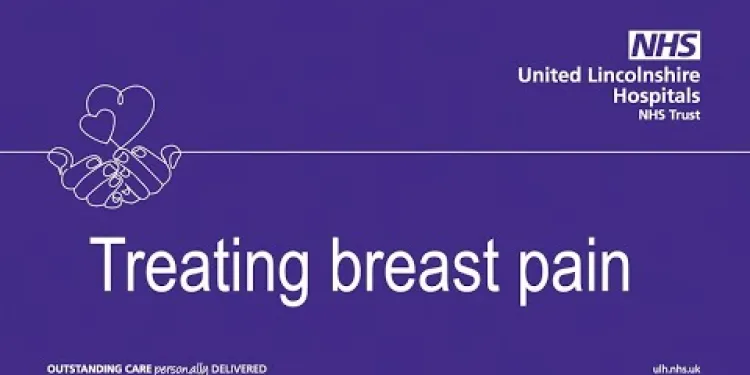
Treating breast pain | United Lincolnshire Hospitals NHS Trust
Relevance: 51%
-
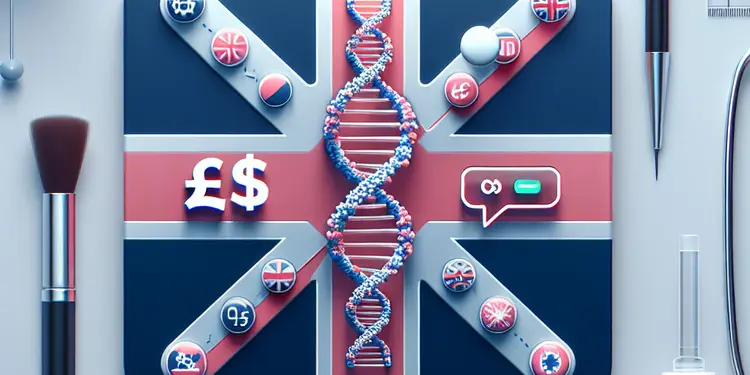
Is genetic screening available for cancer risk?
Relevance: 49%
-
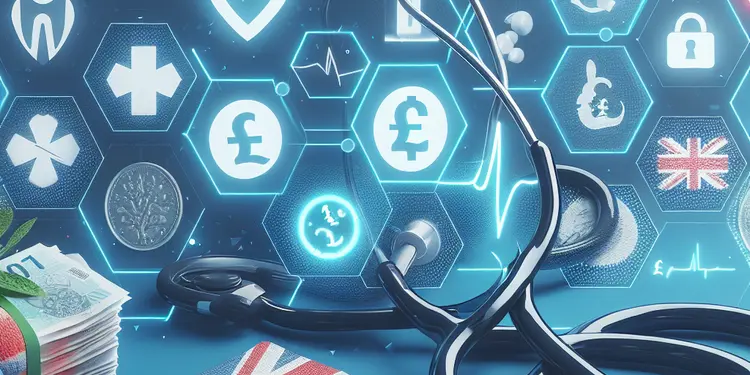
Are there any risk factors that increase the need for cancer screening?
Relevance: 49%
-
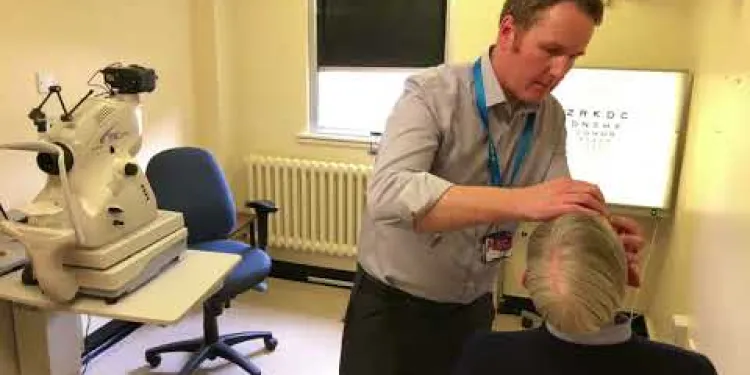
Derbyshire Diabetic Eye Screening - Diabetic Eye Screening
Relevance: 42%
-

How often should I get a mammogram?
Relevance: 42%
-
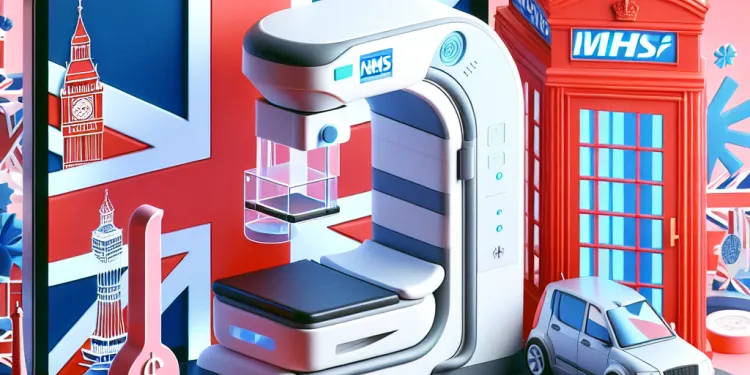
Are mammograms free on the NHS?
Relevance: 42%
-
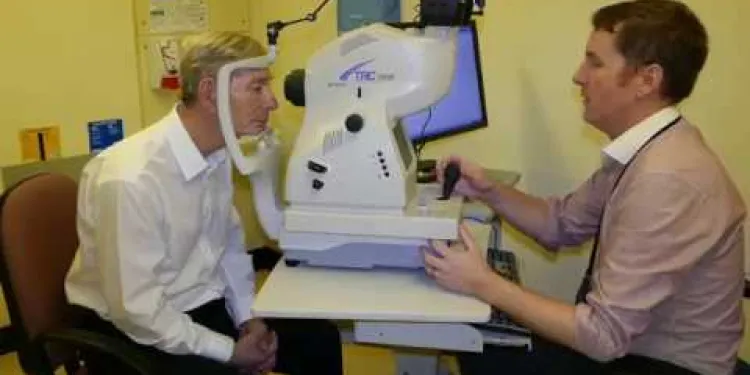
Derbyshire Diabetic Eye Screening - Your Screening Appointment
Relevance: 42%
-
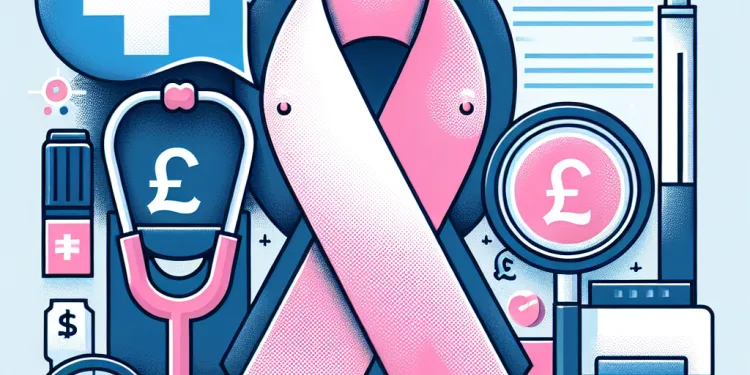
At what age should I start having mammograms?
Relevance: 42%
-
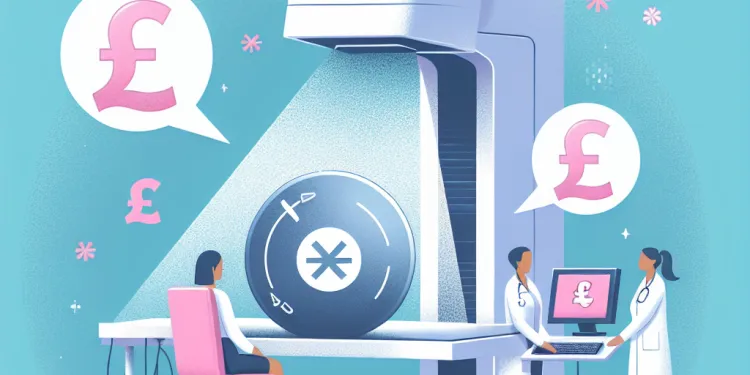
Are there any risks associated with mammograms?
Relevance: 41%
-
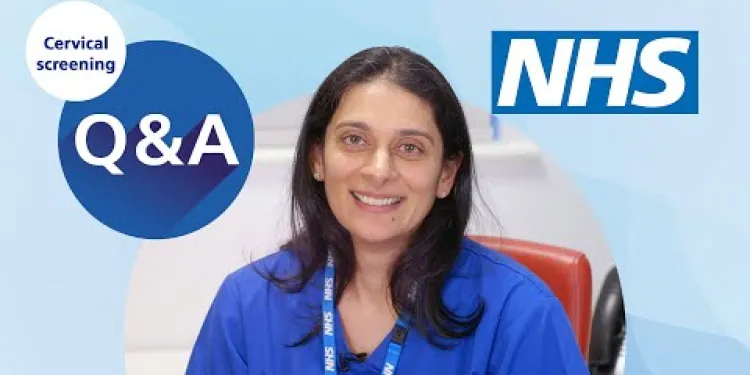
Cervical screening: Q&A | NHS
Relevance: 41%
-

Diabetes Eye Screening
Relevance: 41%
-

What is a mammogram?
Relevance: 40%
-
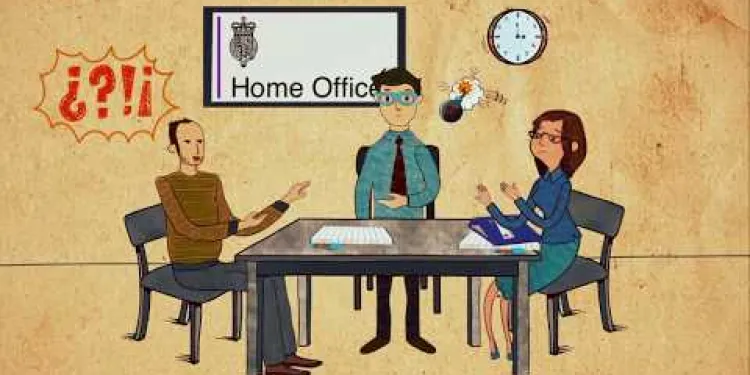
The asylum screening interview
Relevance: 40%
-

What are the benefits of regular mammograms?
Relevance: 39%
-

Are there eco-friendly mosquito screen options?
Relevance: 39%
-

Are mosquito window screens effective in the UK?
Relevance: 39%
-

Are Mosquito window screens effective?
Relevance: 39%
-

Are there retractable mosquito screens available?
Relevance: 39%
-
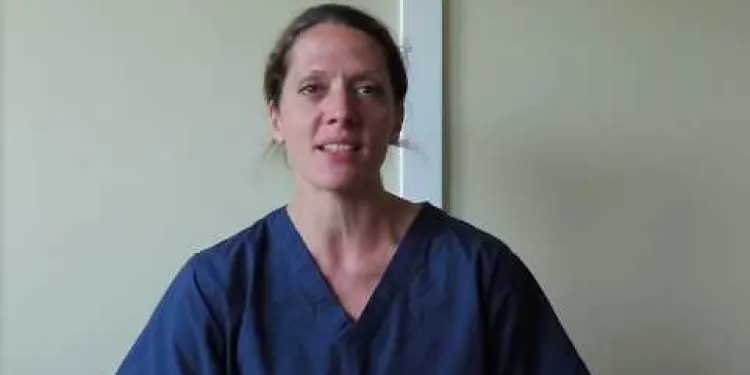
The NHS is #StillHereToHelp with cervical screening
Relevance: 39%
-

Is screening painful or risky for my child?
Relevance: 39%
-
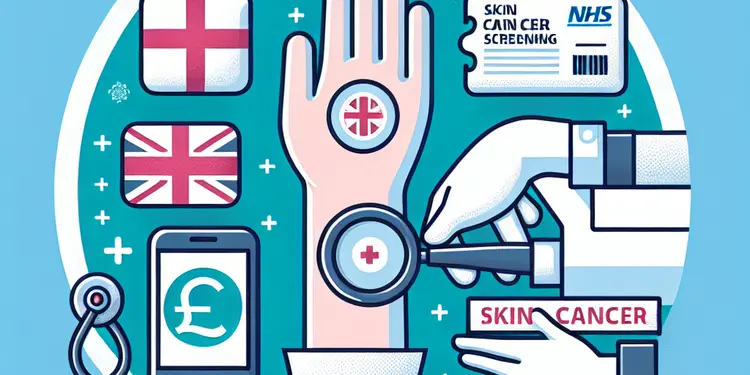
What is a skin cancer screening?
Relevance: 39%
-

How do I maintain my mosquito screens?
Relevance: 39%
-

Can men have mammograms?
Relevance: 38%
Tower Hamlets Breast Screening Programme
Introduction to the Programme
The Tower Hamlets Breast Screening Programme is a vital health initiative designed to provide early detection of breast cancer among women in the borough. This programme offers free mammograms to women aged 50 to 70 every three years, although some may be eligible from the age of 47 under an extension to the current screening program. By detecting breast cancer early, the programme aims to reduce mortality rates and improve treatment outcomes, ensuring better health and quality of life for the participants.
Eligibility and Invitations
Women registered with a GP in Tower Hamlets automatically receive an invitation for breast screening once they reach the eligible age. It is crucial to attend these screenings as early detection through regular mammograms has been proven to save lives. Women over 70 are not automatically invited but can request screening by contacting their local breast screening unit. Regular screenings help to identify any abnormalities at an early stage, making treatment more effective.
How the Screening Works
The breast screening process typically involves a mammogram, which is an X-ray of the breasts. The procedure is carried out by female practitioners and usually takes about 30 minutes. The mammogram can detect small changes in breast tissue that may not be noticeable to the patient or their doctor. After the mammogram, the images are reviewed by specialists, and results are sent out within two weeks. If further examination is needed, the patient is referred to a specialist breast clinic for additional tests.
Importance of Breast Screening
Breast screening is instrumental in identifying cancer early, often before any symptoms have developed. Early detection through mammograms can mean that simpler and more effective treatments can be used, significantly improving the chances of survival. Participating in the Tower Hamlets Breast Screening Programme contributes to the broader public health goal of reducing the incidence and impact of breast cancer within the community. Regular screenings are recommended even for women who feel perfectly healthy, as not all breast cancer cases present immediate symptoms.
Further Information and Support
For more details about the Tower Hamlets Breast Screening Programme, women can visit their local GP or the NHS Breast Cancer Screening page. Additionally, support and information are available through organizations such as Breast Cancer Now and Macmillan Cancer Support. Women with concerns or who are experiencing symptoms should not wait for their next screening appointment but should contact their GP promptly to discuss their symptoms.
Ensuring participation in the Tower Hamlets Breast Screening Programme is a proactive step towards maintaining good breast health and catching potential issues early when they are most treatable.
Tower Hamlets Breast Screening Programme
Introduction to the Programme
The Tower Hamlets Breast Screening Programme helps find breast cancer early. It offers free breast checks, called mammograms, for women aged 50 to 70. Some women might start at age 47. The programme wants to find cancer early to help women live longer and healthier lives.
Eligibility and Invitations
If you are a woman with a GP in Tower Hamlets, you will get a letter to come for breast screening when you reach the right age. It is important to go as it can save lives. Women over 70 do not get a letter but can still ask for a screening by calling their local breast screening unit. Regular checks can find problems early, which makes it easier to treat them.
How the Screening Works
A mammogram is an X-ray that takes pictures of your breasts. Women doctors do this test, and it takes about 30 minutes. The pictures can show small changes inside your breast that you or your doctor cannot see. After the test, experts check the pictures and send you the results in two weeks. If there is something of concern, you will be asked to visit a specialist for more tests.
Importance of Breast Screening
Breast screening finds cancer early, sometimes before you feel sick. Finding cancer early means treatments work better. The Tower Hamlets Breast Screening Programme helps keep you and the community healthy by finding breast cancer early. Even if you feel fine, it is important to have regular checks because not all cancer shows signs right away.
Further Information and Support
To learn more about the Tower Hamlets Breast Screening Programme, you can talk to your GP or visit the NHS Breast Cancer Screening website. Organizations like Breast Cancer Now and Macmillan Cancer Support can also help. If you are worried or have symptoms, do not wait for your next screening. Call your GP to talk about your concerns.
Joining the Tower Hamlets Breast Screening Programme is a good way to take care of your breast health and find problems early when they are easier to treat.
Frequently Asked Questions
What is the Tower Hamlets breast screening programme?
The Tower Hamlets breast screening programme is a local NHS initiative aimed at early detection of breast cancer in women. It offers routine mammograms to women aged 50 to 70 every three years.
Who is eligible for breast screening in Tower Hamlets?
Women aged 50 to 70 who are registered with a GP in the Tower Hamlets area are eligible for breast screening every three years. Women over 70 can request a screening by contacting the programme.
How can I make an appointment for breast screening?
Eligible women will receive an invitation letter with details on how to book an appointment. If you are over 70, you can request an appointment by calling the breast screening unit directly.
Where is the screening conducted?
Breast screening in Tower Hamlets is conducted at various locations, including mobile units and hospitals. The invitation letter will provide details of the specific location.
Is there any cost for the breast screening?
No, the breast screening service is free of charge for all eligible women.
How long does the screening take?
The breast screening typically takes about 30 minutes, including time for registration and the mammogram procedure.
What should I wear to my screening appointment?
It is recommended to wear a two-piece outfit (top and bottom) so you only need to undress from the waist up. Avoid using deodorants, powders, or lotions on your breasts and underarms as they can affect the mammogram.
What happens during the mammogram?
A mammogram is an X-ray of the breasts, performed by a female radiographer. Each breast will be placed on the X-ray machine and compressed for a few seconds while images are taken.
Is the mammogram painful?
Some women may find the mammogram uncomfortable or slightly painful, but the compression only lasts a few seconds. The majority of women tolerate the procedure well.
How will I receive the results?
The results will be sent to you by post within two weeks of your screening. Your GP will also receive a copy of the results.
What if I receive an abnormal result?
If your results are abnormal, you will be invited for further tests at a breast assessment clinic. This does not necessarily mean you have cancer, but it's important to investigate further.
Can I bring someone with me to the appointment?
Yes, you can bring a friend or family member with you for support. However, they may not be allowed into the screening room.
What if I miss my appointment?
If you miss your appointment, you can reschedule by calling the breast screening unit. It's important to attend your screening if possible.
Can I still have a mammogram if I have breast implants?
Yes, you can still have a mammogram if you have breast implants. Inform the radiographer about your implants so they can take adequate care during the procedure.
Where can I find more information about the Tower Hamlets breast screening programme?
More information can be found on the NHS website or by contacting your local GP surgery. You can also call the Tower Hamlets breast screening unit directly for details.
What is the Tower Hamlets breast screening programme?
The Tower Hamlets breast screening programme helps check women's breasts to find any signs of cancer early. This can help keep women healthy.
Women go to a clinic or hospital to have the test. The test is called a "mammogram" and it takes a picture of the breast.
If you have questions or need help, you can ask a family member or a friend to go with you.
If reading is hard, you can also use tools like text-to-speech apps to listen instead of reading.
The Tower Hamlets breast screening programme is a local NHS plan. It helps find breast cancer early in women. Women aged 50 to 70 get a special breast X-ray called a mammogram. They have this X-ray every three years.
Who can have a breast check in Tower Hamlets?
Women aged 50 to 70 can get a breast check every 3 years.
If you are 71 or older, talk to your doctor about getting a breast check.
Need help reading? You can ask a friend or family member to read with you. You can also use reading apps that read the text out loud.
If you are a woman aged 50 to 70 and have a GP in the Tower Hamlets area, you can have a breast check every three years. If you are over 70, you can ask for a breast check by getting in touch with the program.
How do I book a breast check appointment?
Here is how you can book a breast check:
- Call your doctor to ask for a breast check.
- You can also call a breast screening clinic.
- Ask someone you trust to help, like a family member or friend.
- You can use a computer or phone to look up where to book an appointment.
Helpful tip: Use a calendar to remember your appointment date!
If you can have the test, you will get a letter. The letter will tell you how to make an appointment. If you are over 70 years old, you can call the breast screening unit to ask for an appointment.
Where does the screening happen?
The screening is done in a special place. It's important to know where to go.
You can ask someone to help you find out where the screening is. They can give you a map or show you how to get there.
You can also call or check a website to know where to go.
Breast checks in Tower Hamlets happen in different places. You might go to a special van or a hospital to get checked. When it's time for your check, you will get a letter. The letter will tell you where to go.
Do you have to pay for breast screening?
No, the breast check is free for all women who can have it.
How long does it take to check?
The check takes a little time. It is usually quick. If you feel worried, you can bring a friend or family member to wait with you. You can also ask the person checking you to tell you what is happening. This can help you feel calm. Use a clock or watch to know the time.
The breast check usually takes about 30 minutes. This includes time to sign in and have the breast x-ray.
What should I wear to my screening appointment?
Here is what you can wear to your screening:
- Wear something comfortable.
- Pick clothes that are easy to put on and take off.
- You might want to wear a t-shirt or a loose top.
- If you feel cold easily, bring a sweater or jacket.
If you need help deciding what to wear, you can ask a friend or family member for advice. You can also use a picture guide or ask someone at the appointment for help. Remember to give yourself plenty of time to get dressed so you do not feel rushed.
Wear clothes that have a top and bottom, like a shirt and pants. This way, you only need to take off the top part. Don't put on deodorant, powders, or creams on your chest and underarms. It can make the test not work right.
If it helps, you can write notes or draw pictures to remember.
What happens when you have a mammogram?
A mammogram is a special picture of your breast. It helps doctors check for any problems.
Here is what will happen:
1. You stand in front of a big X-ray machine.
2. A friendly nurse or technician will help you.
3. They will gently place your breast on a flat surface. It might feel a little squeezed, but it should not hurt.
4. The machine takes a picture of your breast. It only takes a few seconds.
5. They do the same for the other breast.
6. After that, you are done!
Here are some tips to make it easier:
- Wear a top with a skirt or pants. This way, you only have to take off your top.
- Try to relax and breathe slowly. It will help you feel more comfortable.
- If you have any questions, ask the nurse or technician. They are there to help you.
A mammogram is a special picture of the breasts taken with an X-ray. A woman who is a radiographer will take this picture. She will place each breast on an X-ray machine. The machine squeezes the breast for a few seconds to take the picture.
Does a mammogram hurt?
A mammogram is a special picture of your breast. Some people feel a little squashed or squeezed when they have a mammogram. It can be a bit uncomfortable, but it is quick. Everyone feels it differently. If you are worried, you can talk to the nurse or doctor. They can help you feel better.
Here are some tips to help you:
- Take a deep breath and relax.
- Tell the nurse if it hurts too much.
- You can bring someone with you for support.
- Ask questions if you want to know more.
Some women might feel a bit uncomfortable or a little pain from the mammogram, but it only lasts a few seconds. Most women do okay with it.
How will I get my results?
Your results will be sent to you. You can get them in different ways:
- Email: Check your inbox for a message.
- Mail: Look for a letter in your mailbox.
- Online: Log in to the website to see your results.
If you need help, ask someone you trust. They can help you check your results.
You will get your test results in the mail in two weeks. Your doctor will also get a copy of the results.
What if I get a result that is not normal?
If your test results are not normal, you will be asked to do more tests at a special clinic. This does not mean you have cancer, but it is important to check more.
Here are some tools and ideas to help:
- Ask someone you trust to go with you to the clinic.
- Write down the steps and questions you have, so you can remember them.
- Use a calendar to keep track of your appointments.
Can I bring a friend to the appointment?
Yes, you can bring a friend or family member with you. It can help to have someone with you who can listen and support you.
You can also bring a notepad to write down important things during the appointment.
Yes, you can bring a friend or family member to help you feel better.
But they might not be able to go into the room with you.
If you need help, you can use things like:
- Taking deep breaths to feel calm.
- Asking someone to explain things in simple words.
- Bringing something that helps you feel safe, like a favorite toy or a photo.
What happens if I miss my appointment?
If you can’t go to your appointment, don’t worry. Here are some things to help:
- Call the office to let them know you can’t come.
- Ask to change the date to a day you can go.
- Put the new date in a calendar or set a reminder on your phone.
- Use a notebook or someone you trust if you need help remembering.
Being organized can help you not forget next time.
If you miss your doctor appointment, you can change it to a new time. Just call the breast screening place. Going to the check-up is important if you can.
Can I get a breast check if I have breast implants?
Yes, you can still get a breast check if you have implants. Tell the doctor about your implants so they can be extra careful. They will use special tools to see everything clearly. It is important to get breast checks to stay healthy.
Yes, you can have a breast check-up if you have breast implants. Tell the person taking the pictures about your implants. This way, they can be very careful.
Where can I get more details about breast checks in Tower Hamlets?
If you want to know more about breast checks in Tower Hamlets, you can:
- Look online at their website.
- Call their office for help.
- Ask your doctor for information.
These tools can help you understand:
- Ask someone you trust to explain it to you.
- Use a computer or phone to look up information.
You can find more information on the NHS website. You can also talk to your local doctor. Another option is to call the Tower Hamlets breast screening unit for more details.
Useful Links
This website offers general information and is not a substitute for professional advice.
Always seek guidance from qualified professionals.
If you have any medical concerns or need urgent help, contact a healthcare professional or emergency services immediately.
Some of this content was generated with AI assistance. We’ve done our best to keep it accurate, helpful, and human-friendly.
- Ergsy carfully checks the information in the videos we provide here.
- Videos shown by Youtube after a video has completed, have NOT been reviewed by ERGSY.
- To view, click the arrow in centre of video.
- Most of the videos you find here will have subtitles and/or closed captions available.
- You may need to turn these on, and choose your preferred language.
- Go to the video you'd like to watch.
- If closed captions (CC) are available, settings will be visible on the bottom right of the video player.
- To turn on Captions, click settings .
- To turn off Captions, click settings again.
More Items From Ergsy search
-

AI Breast Cancer Screening in the UK
Relevance: 100%
-

NHS breast cancer screening
Relevance: 98%
-

Tower Hamlets breast screening programme
Relevance: 93%
-

How often should I get screened for breast cancer?
Relevance: 87%
-

Other Things You Need to Know About Breast Screening
Relevance: 86%
-

About Breast cancer - signs and symptoms | NHS
Relevance: 68%
-

Breast cancer: testing and treatment | NHS
Relevance: 67%
-

Can I have a mammogram if I have breast implants?
Relevance: 67%
-

I've found a lump in my breast - What happens next? The breast diagnostic clinic
Relevance: 64%
-

I've found a lump in my breast - What happens next? The breast diagnostic clinic
Relevance: 64%
-

What is Breast augmentation?
Relevance: 63%
-

What kinds of cancer screening are available?
Relevance: 59%
-

Evidence-Based Interventions: breast reduction
Relevance: 59%
-

What is cancer screening?
Relevance: 56%
-

Breasts and Mastitis
Relevance: 56%
-

Having radiotherapy for breast cancer - 3 Videos
Relevance: 55%
-

Health Screenings You Should Know About
Relevance: 54%
-

Treating breast pain | United Lincolnshire Hospitals NHS Trust
Relevance: 51%
-

Is genetic screening available for cancer risk?
Relevance: 49%
-

Are there any risk factors that increase the need for cancer screening?
Relevance: 49%
-

Derbyshire Diabetic Eye Screening - Diabetic Eye Screening
Relevance: 42%
-

How often should I get a mammogram?
Relevance: 42%
-

Are mammograms free on the NHS?
Relevance: 42%
-

Derbyshire Diabetic Eye Screening - Your Screening Appointment
Relevance: 42%
-

At what age should I start having mammograms?
Relevance: 42%
-

Are there any risks associated with mammograms?
Relevance: 41%
-

Cervical screening: Q&A | NHS
Relevance: 41%
-

Diabetes Eye Screening
Relevance: 41%
-

What is a mammogram?
Relevance: 40%
-

The asylum screening interview
Relevance: 40%
-

What are the benefits of regular mammograms?
Relevance: 39%
-

Are there eco-friendly mosquito screen options?
Relevance: 39%
-

Are mosquito window screens effective in the UK?
Relevance: 39%
-

Are Mosquito window screens effective?
Relevance: 39%
-

Are there retractable mosquito screens available?
Relevance: 39%
-

The NHS is #StillHereToHelp with cervical screening
Relevance: 39%
-

Is screening painful or risky for my child?
Relevance: 39%
-

What is a skin cancer screening?
Relevance: 39%
-

How do I maintain my mosquito screens?
Relevance: 39%
-

Can men have mammograms?
Relevance: 38%


